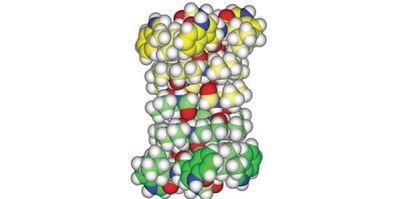At the most recent
European Society of Oncology meeting in Madrid, the results for the CLEOPATRA breast
cancer study on Roche's Perjeta (pertuzumab) were presented. The results were declared to be extraordinary and unprecedented.
“Many of us work our whole career to have this kind of data,” said Sandra Swain, medical director of the Washington Cancer Institute and lead investigator of the CLEOPATRA study. “I’ve been doing this for about 30 years and I have to say, this is very exciting for me, and the patients I treat.”
CLEOPATRA combined Roche's Herceptin (trastuzumab), one of the most successful cancer drugs ever created, with Perjeta in a sample population of HER2-positive, metastatic breast cancer patients. During the discussion on CLEOPATRA, it was pointed out that the pre-clinical and early clinical data suggest that combining the two together rather than using them sequentially could prove to be more effective.
800 patients at 204 medical centres in 25 countries around the world participated in CLEOPATRA. The patients were randomly treated with pertuzumab plus trastuzumab and docetaxel, or with placebo plus trastuzumab and docetaxel. The patients remained on this therapy until their disease progressed. Patient data were analysed after a median follow-up of 50 months.
The findings showed that there was an improvement of 15.7 months in survival for the monoclonal combination as compared to trastuzumab alone. These results are greater than those seen in any other trial in metastatic breast cancer.
However, one thing to note is that the improvement in survival was associated with an elevated rate of adverse effects with the use of the combination therapy. There was a greater incidence of rash, mucositus and diarrhoea. However, there was no increase in events related to cardiotoxicity.
Overall, the results from CLEOPATRA have been very well received. Luca Gianni, of the San Raffaele Scientific Institute in Milan, Italy stated: “The combination of docetaxel/trastuzumab/pertuzumab is the new standard – not an option – for first line treatment of HER2-positive metastatic breast cancer.”
Source: Pharma Times
Image Credit: Wikimedia Commons























